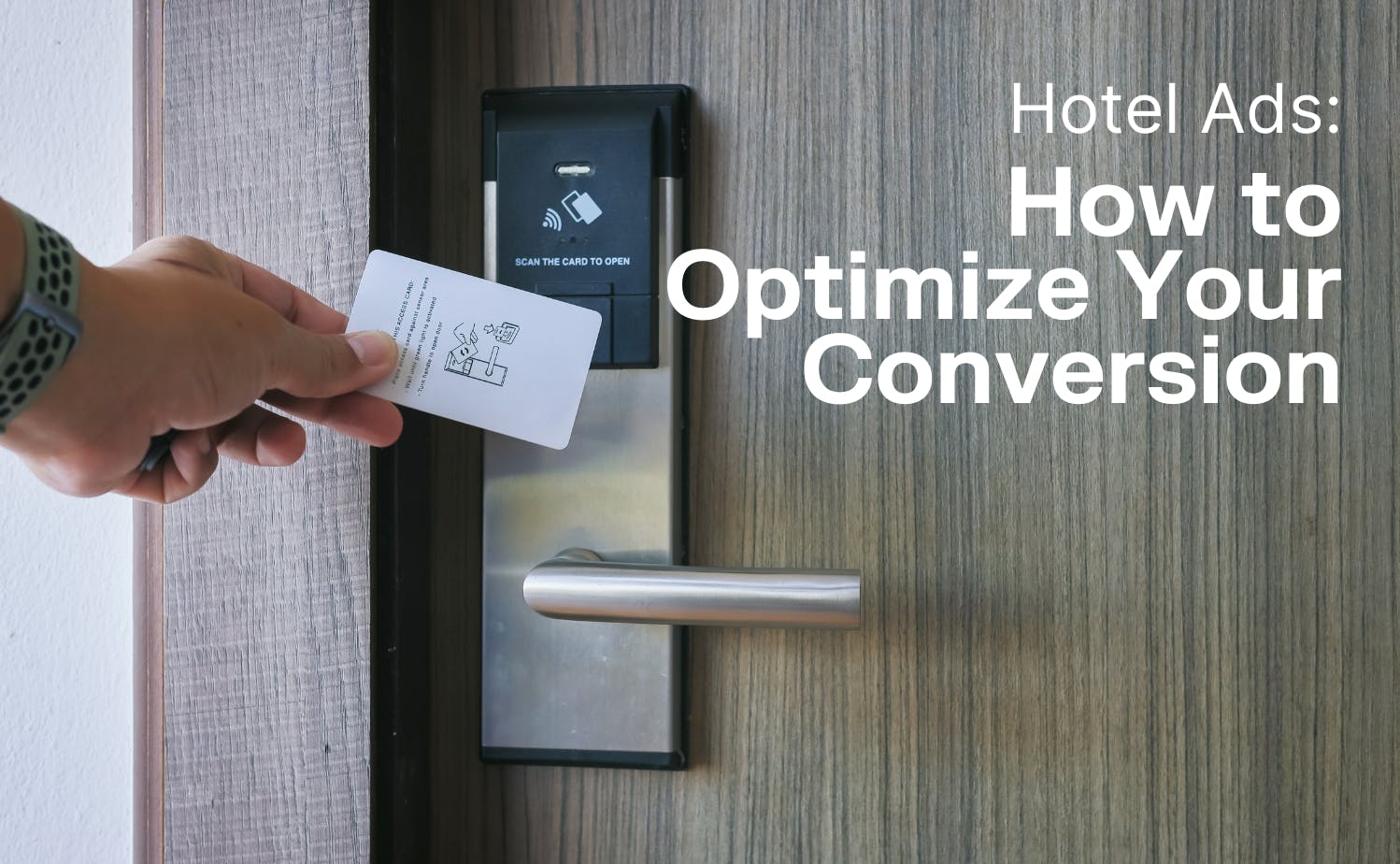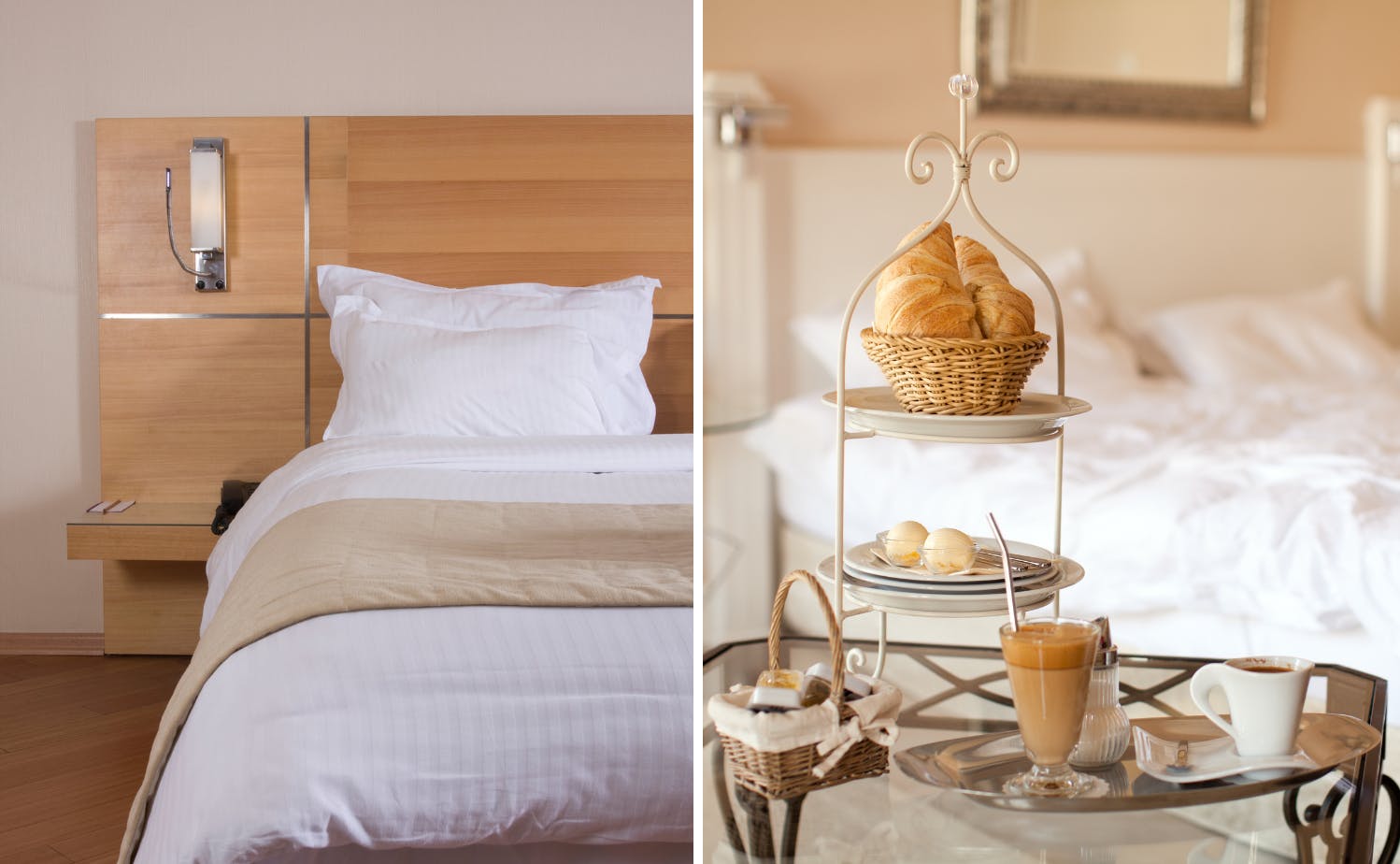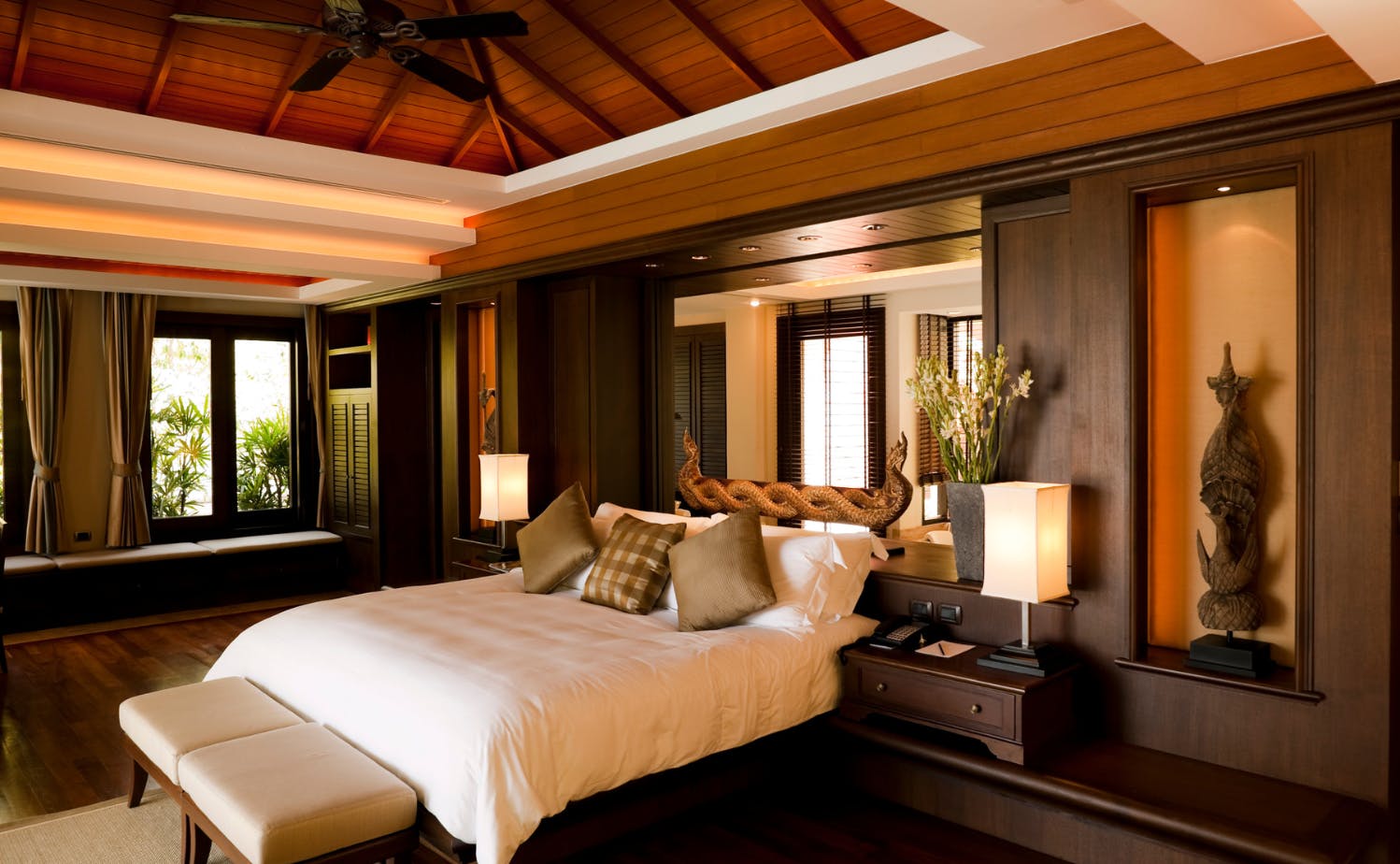
Hotel Ads: How to Optimize Your Conversion

In today’s competitive hospitality market, leveraging hotel ads effectively can make the difference between a fully booked property and empty rooms. Hotel groups, managing multiple properties across various locations, face unique challenges—and opportunities—when it comes to online advertising. Optimizing your hotel ad strategy to maximize conversion rates not only increases revenue but also enhances brand visibility across a crowded marketplace.
Leveraging hotel ads effectively can make the difference between a fully booked property and empty rooms. Hotel groups, managing multiple properties across various locations, face unique challenges—and opportunities—when it comes to online advertising. Optimizing your hotel ad strategy to maximize conversion rates not only increases revenue but also enhances brand visibility across a crowded marketplace.
This guide dives into actionable strategies for hotel groups to fine-tune their hotel ads, improve targeting, and boost conversion rates.
By 2024, direct bookings are projected to account for 50% of all online hotel bookings.
Why Hotel Ads Matter for Hotel Groups
Hotel ads are more than just a marketing expense—they’re a critical tool for driving direct bookings, competing with OTAs (online travel agencies), and connecting with travelers during their research and booking phases. For hotel groups, the stakes are even higher, as a poorly executed campaign can affect multiple properties simultaneously.
Key benefits of well-optimized hotel ads include:
- Higher occupancy rates across your portfolio.
- Improved cost per acquisition (CPA) compared to OTAs.
- Stronger brand recognition and customer loyalty.
For hotel groups managing several properties, an optimized ad strategy can help allocate budget effectively, prioritize high-performing locations, and adjust to market demands in real-time.
Steps to Optimize Hotel Ads for Higher Conversions
1. Start with the Right Platform
Hotel ads can be run across a variety of platforms, each with its own strengths and audience targeting capabilities. The three most effective platforms for hotel groups are:
- Google Hotel Ads: Ideal for capturing demand from travelers already searching for hotels in specific locations. With features like room availability and price comparisons, Google Hotel Ads integrate seamlessly into the traveler’s decision-making process.
- Meta (formerly Facebook) Ads: A great choice for retargeting previous guests or reaching specific audience demographics based on interests and travel intent.
- OTAs and Metasearch Ads: Platforms like TripAdvisor, Kayak, and Expedia allow you to compete for visibility alongside OTA listings, though they come with commission fees.
For hotel groups, Google Hotel Ads often provide the best ROI due to their direct integration with Google Search and Maps.

2. Nail Your Targeting
Generic ad campaigns are a thing of the past. Today, personalization is key to boosting ad performance and conversions. Hotel groups have the advantage of owning valuable data across multiple properties, which can be used to create highly targeted campaigns. Here’s how to approach targeting:
- Segment by Traveler Type: Identify whether your guests are business travelers, families, couples, or solo travelers. For instance, ads promoting family-friendly amenities will resonate more with family travelers than business amenities.
- Location-Based Targeting: Target users searching for hotels in specific destinations where your properties are located. You can also set up radius targeting to capture local travelers looking for last-minute stays.
- Retarget Past Guests: Use CRM data or tools like Facebook Pixel to retarget past guests. Encourage loyalty by offering exclusive deals for repeat stays.
- Focus on High-Value Guests: For hotel groups with loyalty programs, tailor ads to target frequent travelers or those booking premium rooms.
3. Optimize Ad Copy and Creative
Compelling ad copy and eye-catching visuals are essential for standing out in a crowded digital marketplace. Here’s how to optimize your creative elements:
- Use High-Quality Imagery: Ensure that your advertisement imagery utilizes professional photography to effectively highlight the unique selling points of your properties, such as luxurious interiors, breathtaking views, or premium amenities like pools and spas.
- Highlight Key Benefits: Include specifics like free Wi-Fi, flexible cancellation policies, or proximity to local attractions. For example, “Stay 5 Minutes from the Eiffel Tower – Book Direct & Save 15%!” is more engaging than a generic “Hotel Rooms Available.”
- Incorporate Urgency: Use phrases like “Limited Time Offer” or “Only 2 Rooms Left” to encourage immediate action.
- Tailor to Mobile Users: Ensure your ads are mobile-friendly, as a significant portion of travel searches happen on smartphones.
For hotel groups, creating distinct ad sets for different properties can help highlight unique selling points (USPs) while maintaining overall brand cohesion.
4. Leverage Dynamic Ads
Dynamic ads allow you to automate personalized content based on the user’s search behavior. Platforms like Google Hotel Ads support dynamic ad formats that show:
- Real-time room availability.
- Current pricing.
- Ratings and reviews.
Dynamic ads are particularly useful for hotel groups because they allow multiple properties to be advertised simultaneously, using data directly pulled from your inventory.
5. Set Up Conversion Tracking
Conversion tracking is critical for measuring the success of your hotel ad campaigns. Use tools like Google Analytics, Facebook Pixel, or your property management system (PMS) to track:
- Direct bookings.
- Calls or inquiries generated through ads.
- Click-through rates (CTR) and bounce rates.
For hotel groups, it’s essential to differentiate conversions by property. This granular data allows you to allocate your budget effectively, focusing on high-performing properties or those with room to grow.
6. Optimize Your Landing Pages
Even the best ads can fail if your landing pages aren’t optimized. Ensure that users clicking on your ads are taken to relevant, high-converting landing pages. Here are some tips:
- Match the Ad to the Landing Page: If your ad promotes a specific property or discount, the landing page should focus on that offer.
- Speed Matters: Slow-loading pages are a major deterrent for users. Optimize your website for fast load times, especially on mobile devices.
- Clear Call-to-Action (CTA): Use direct CTAs like “Book Now” or “Check Availability.” Make the booking process as seamless as possible.
- Mobile Optimization: Ensure your site is fully responsive and easy to navigate on smaller screens.
7. Use Geo-Bidding and Device Adjustments
For hotel groups with properties in multiple locations, geo-bidding can be a game-changer. Geo-bidding allows you to adjust bids based on the user’s location. For example:
- Increase bids for users located in major feeder markets (e.g., a user in New York searching for hotels in Los Angeles).
- Lower bids for locations with low conversion potential.
Similarly, adjust bids based on the user’s device. Mobile users might be more inclined to book last-minute, while desktop users may be conducting more in-depth research.

8. Invest in Retargeting
Most travelers don’t book a hotel on their first visit to your site. Retargeting helps re-engage users who have shown interest but didn’t convert. For hotel groups, this can include:
- Dynamic retargeting ads showing specific properties they viewed.
- Offers tailored to drive urgency, like “Book within 24 Hours for 10% Off!”
- Cross-selling opportunities, such as promoting sister properties in nearby destinations.
9. Monitor and Refine Your Campaigns
The hospitality market is ever-changing, so continuous monitoring and refinement are necessary. Use A/B testing to compare different ad creatives, targeting strategies, or offers. Additionally, review performance metrics like:
- Cost Per Click (CPC): Are you getting traffic at a reasonable cost?
- Conversion Rate (CVR): Are users taking the desired action after clicking your ad?
- Return on Ad Spend (ROAS): Is your campaign driving revenue?
For hotel groups, it’s also beneficial to track performance by property to identify underperforming locations or opportunities for growth.
Elevate Your Hotel Ads
Optimizing your hotel ad campaigns is a multi-faceted process, requiring careful attention to targeting, creative design, and performance metrics. For hotel groups, the challenge is amplified by the need to balance brand consistency with individual property performance. However, with the right strategies in place, hotel ads can become a powerful driver of bookings and revenue.
OCUS streamlines visual content creation and optimization, helping hotel groups maximize the performance of their ad campaigns. Here’s how:
- On-Demand Photoshoots: Access a global network of 35,000+ photographers in 43+ countries to deliver high-quality, location-specific imagery.
- AI-Powered Image Optimization: Automatically enhance visuals for color, lighting, and cropping to ensure every ad image performs its best.
- Brand Protection: Effortlessly moderate user-generated content (UGC) with AI to maintain brand consistency and trust.
- Performance Analytics: Measure visual ROI with advanced analytics to optimize imagery for higher conversions.
OCUS simplifies visual performance, boosting ad engagement and revenue effortlessly.